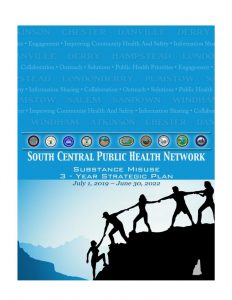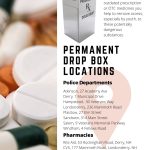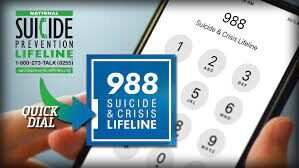Mental Health Days
Mental Health Days
The stigma associated with accessing mental health and substance misuse services has been discussed in previous posts. Another stigmatized topic is the Mental Health Day. In our society and in particular, in the workplace mental health and physical health are not viewed in the same way. If someone is sick with the flu, we push them to stay home and rest so they can get better (and so they don’t spread germs). We know the event can be prolonged if the person returns to work while they are still ill. Why don’t we treat mental health the same way? When we acknowledge that Mental Health Days are valid, we will see improved attitudes in home and the workplace. Employers may experience improved productivity and decreased time out of work in the long term.
https://www.communityreachcenter.org/blog/take-mental-health-day/
How do I know if I need a Mental Health Day?
- You can’t focus on the smallest things or feel extremely distracted
- Because of that lack of focus, you’re beginning to feel more of a hindrance to those you meet than a help
- You’re exhausted but you can’t sleep from the thoughts of dreading work the next day
- You’ve noticed that it does not take much make you have feelings of anger or irritability
- You feel like you’re in a haze or moving in slow motion
When one of your coworkers misses work it might be flu, back injury, a dental procedure or a general problem such as low grade fever, headache or stomach disturbance. Both of you are experiencing symptoms that will interfere with your ability to do your job, interact with others and be productive over the course of the day. The symptoms may last longer than one day.
Many employers require a note from a physician or clinic when an employee misses more than two days of work. This is actually a good policy. If someone is feeling so unwell that they have to miss more than two consecutive days of work it is not unreasonable to ask them to be seen by a professional. In some cases, that requirement is the way in which employees uncover an undiagnosed physical or mental condition that requires treatment.
How what should I approach my employer if I need a Mental Health Day?
- It is unrealistic to predict when a person is going to feel overwhelmed or unwell.
- Follow the established guidelines of your employer for notifying them of your need to be away from work.
- If your work environment is positive and supportive, try to be as honest as possible with your employer.
- Otherwise, just report that something urgent has come up and you will be out.
- Some people with an ongoing need to have breaks, plan scheduled days of vacation off periodically to minimize other time out of work they might need.
It would be wonderful if all employers supported employee efforts to take care of their mental health. Workforce mental health is important not just to individuals, but to employers. The Center for Prevention and Health estimates mental illness and substance abuse issues cost employers as much as $105 billion annually. Reduced productivity, absenteeism, and increased health-care costs are just a few of the ways mental health issues cost employers money.
Taking a Mental Health Day periodically may help you to build mental strength and more agility when managing the stressors in your life.











